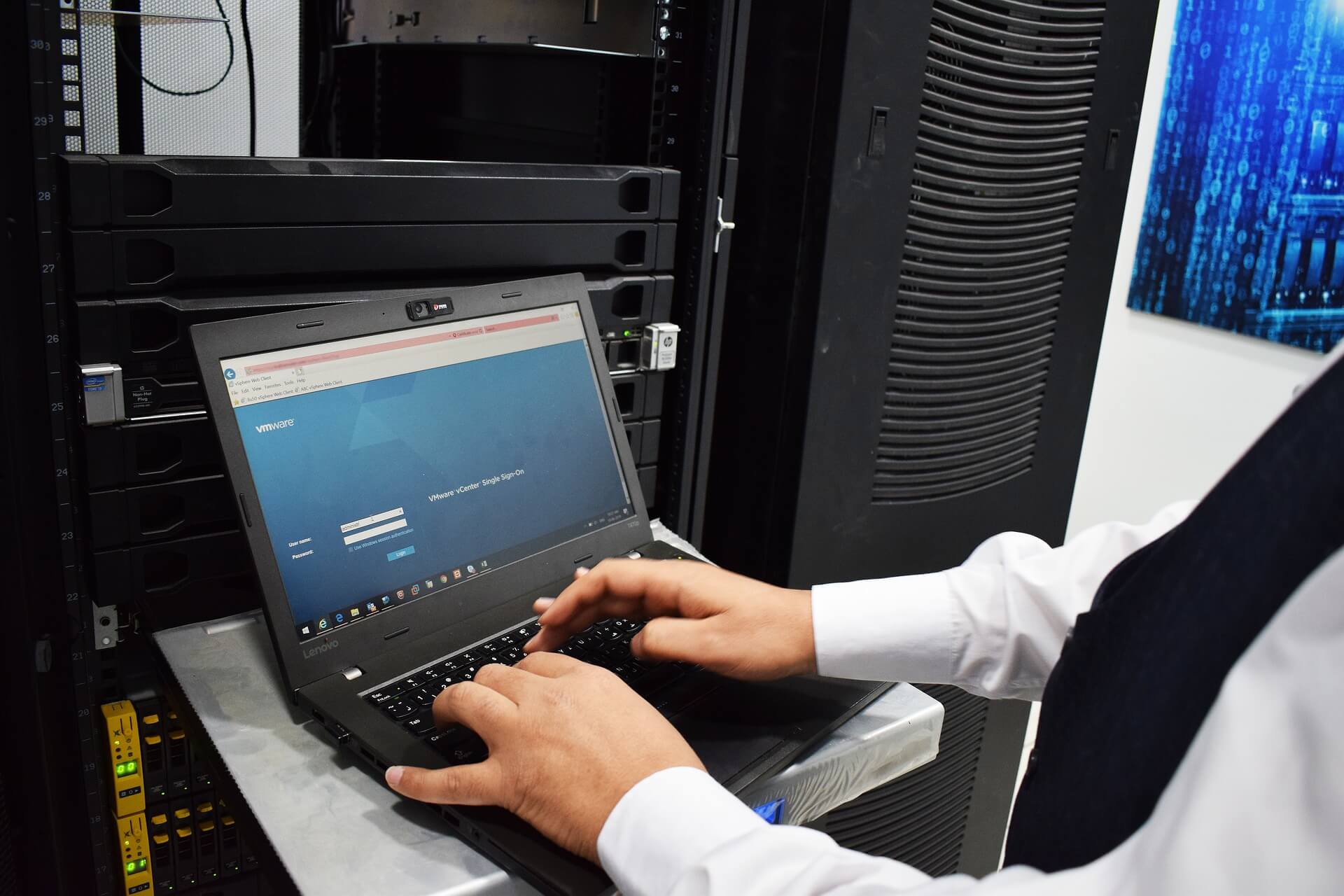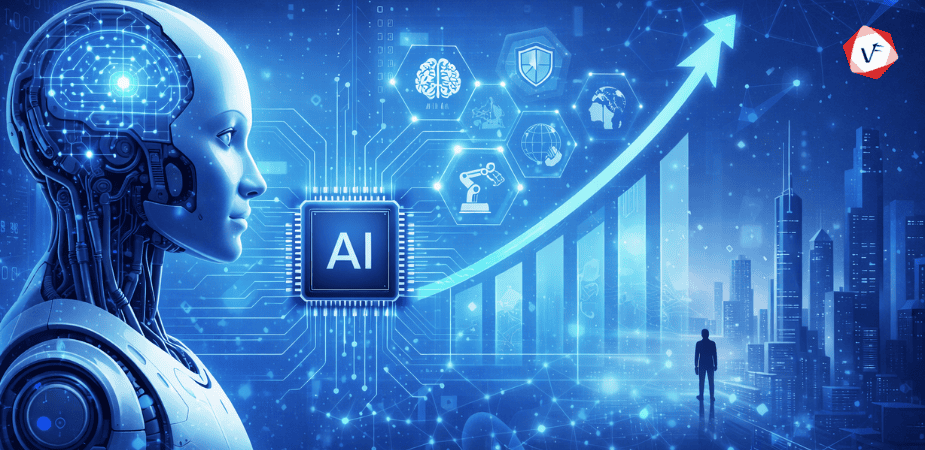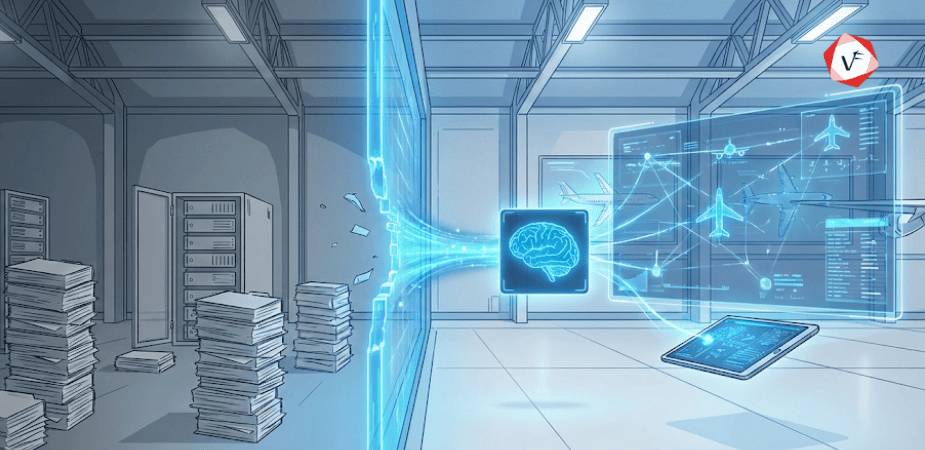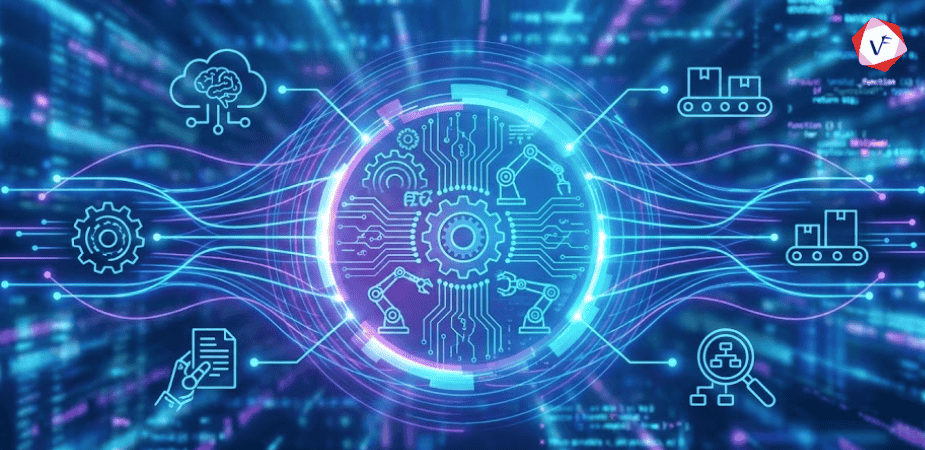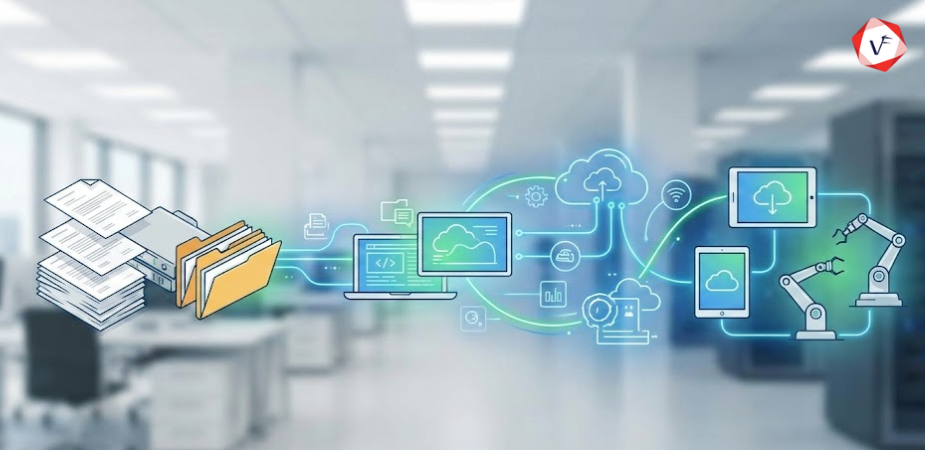Today, technology is advancing in a way that most businesses have a tough job in keeping pace. According to recent research, 60% of fortune 500 businesses rely on legacy systems that were built decades before. The research also reveals that a normal enterprise will invest roughly 85% of its technology budget simply to maintain legacy ecosystems and mainframes. Here arises the question, “Why Legacy System Modernization is important to an enterprise?” In the United States alone, an average of a million man-hours are wasted annually by companies on the M&O (maintenance and operation) of their legacy systems. Most of these legacy systems also run on outdated mainframes that are expensive to operate and difficult to maintain. These legacy systems can’t keep pace with today’s evolving business needs and are unable to leverage new technology such as cloud data storage, off-the-shelf integrations, data lakes, advanced analytics, mobility advancements, predictive analytics, IoT integration, API usage, etc. In this blog post, we walk you through the importance of legacy system modernization for your business and how it positively affects your business in the long run. Before we dive into that, let’s see why we would want IT modernization in the first place.
What Is Legacy Modernization?
Legacy Modernization is the process of enhancing aging IT landscapes with digital technology to minimize IT overhead and system complexity. It is usually carried out by enterprises with a sole aim to transform their aging systems to an agile system that can integrate with modern tech ecosystems. One of the key hurdles that you will likely encounter in an IT modernization project is the challenge associated with transforming your legacy applications into a modern one without a deep understanding of the existing business logic and data.
Why Modernize Legacy Systems?
Legacy systems can no longer meet the rising demands of your modern business. And they can’t take advantage of modern architectures and technologies that are dominating today’s business landscape. Hence it is important to modernize legacy systems and legacy system modernization or IBM modernization is necessary for any business that needs to transform itself into a future-ready business.
- Lack of resources for O&M: Operating and maintaining legacy systems requires resources that have knowledge and skills in running outdated languages that are rarely used today. These programmers are extremely hard to find and the annual pay of these programmers is much higher than developers who work with modern technologies and frameworks.
- Security Vulnerabilities: Legacy systems can be easily compromised by malicious cyber infiltrations since they cannot effectively utilize modern security best practices such as biometric security, multi factor authentication, and end-to-end data encryption.
- Lack of functionalities: Adding new functionalities to legacy applications can be highly complex and can consume many man hours. The productivity of developers who work with outdated languages can be 50 times less when compared to a developer that works on a modern language.
- Compete with competitors: Relying on legacy systems leaves a greater chance for your competitors to encroach your space. By modernizing your legacy system, you can deliver an improved customer experience by automating processes and building new functionalities. The resulting improved customer satisfaction can positively affect your business operation.
Benefits Of Legacy System Modernization?
- Legacy system modernization enables your systems to operate at increased loads, interoperate with other modern applications, maximize computing speed, and achieve higher agility.
- Modernizing legacy applications can help your enterprise to decrease your annual O&M costs by 70%.
- Modernizing can improve overall functionality which ultimately increases customer satisfaction and retention.
- Modernization helps your enterprise reduce security threats by efficiently leveraging agile and updated security best practices that inhibit malicious software from intruding on your network and detect malware that hides in your encrypted data
Why Are Some Enterprises Still Hesitating To Modernize Systems?
The reliability that they get from their legacy system: From the business owners’ perspective, the legacy systems have done their job efficiently for decades. Also, many of their employees are comfortable with these systems.
They may have previously failed in their IT modernization project: When not done professionally, there is a real chance that the newly modernized system will do more harm than good. Most modernization projects fail due to the inability of their provider to precisely transform their business logic from the legacy application to the modernized one without having any data loss. The process can become even more difficult if there is no proper documentation for the changes accumulated in the legacy system over the years.
When Do You Need To Modernize?
- If your enterprise is facing challenges hiring resources for operating and maintaining your legacy IT systems
- If you need to improve your user’s experience by building mobile apps, powerful dashboards, IoT based devices, and wearable technology.
- If your enterprise has new business requirements and needs to integrate new functionalities and technologies such as predictive analysis, business intelligence, and cloud computing, into your existing architecture.
- If you want to minimize IT environment complexity and O&M expenses.
- If you want to eliminate security vulnerabilities inherent in outdated systems.
- If you want to transform your legacy data to modern IT landscapes such as data lakes, analytics engines, etc.
Why Is It Worth Your Time To Think About Modernization With All The Other Issues You Currently Deal With?
Even if your legacy systems have relatively low maintenance costs and work adequately, it is important to note that they will expire in the future and when they do, you will encounter reduced scalability and business agility. Legacy system modernization is not an easy task but it will deliver enhanced enterprise agility, future-friendly architecture, and most importantly digital transformation ensuring you can stay ahead of your competitors. All you need is an IT modernization partner like Vofox Solutions INC who can assure your project success and has solid expertise in successfully delivering multiple IT modernization projects.
